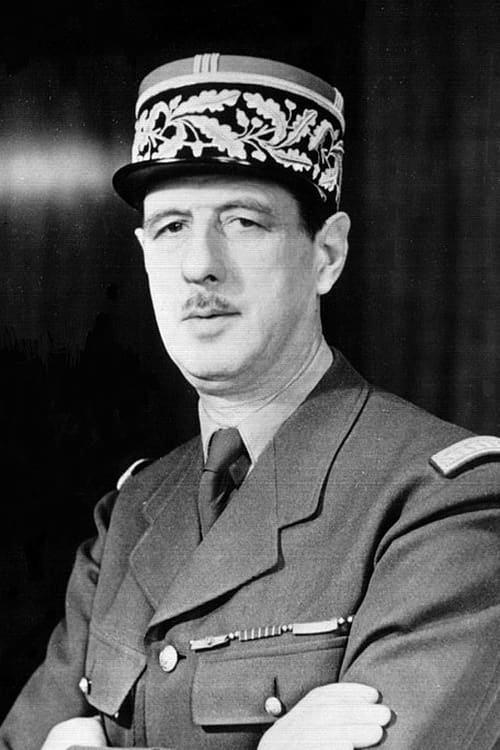Charles de Gaulle
Рождение : 1890-11-22, Lille, France
Смерть : 1970-11-09
История
Charles André Joseph Marie de Gaulle (22 November 1890 – 9 November 1970) was a French army officer and statesman who led Free France against Nazi Germany in World War II and chaired the Provisional Government of the French Republic from 1944 to 1946 in order to restore democracy in France. In 1958, he came out of retirement when appointed President of the Council of Ministers (Prime Minister) by President René Coty. He rewrote the Constitution of France and founded the Fifth Republic after approval by referendum. He was elected President of France later that year, a position to which he was reelected in 1965 and held until his resignation in 1969.
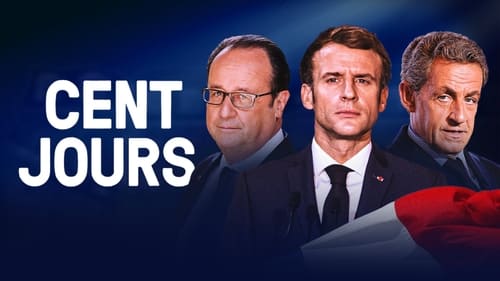
Self
From the first minutes after his inauguration, the newly elected president wants to translate his promises and his campaign project into action. "Change is now", "Change life", "Together everything becomes possible": all campaign slogans promising a break with the past, a change. The first few months were decisive: it was a matter of making a mark, asserting one's style, imposing one's authority and taking the first measures, those that would make a mark on public opinion and set the first lines of the political narrative in history. From 1959 to 2017, the eight successive presidents have acted without delay. Thanks to the many witnesses and actors of these first hundred days, the film retraces the stakes and decisive moments that marked the beginning of each mandate.
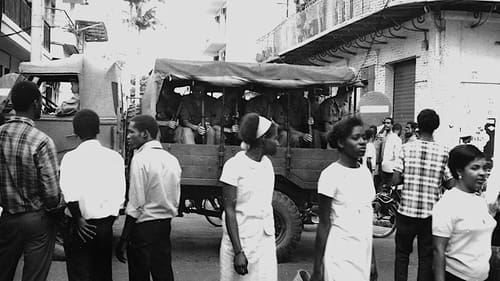
Self (archive footage)

Self - Politician (archive footage)
The amazing story of electronic music: its epic journey from its origins in Europe, at the hands of the great artists of the post-war classical avant-garde, to the great post-industrial cities of the USA, where this genre of genres took over music stores, shady clubs and, eventually, the big stages.
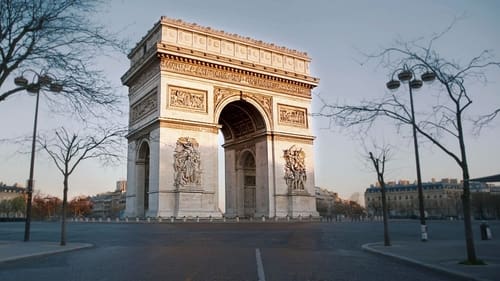
Self (archive footage)
The pride of Napoleon's victories, the Arc de Triomphe, whose first stone was laid in 1806 at the top of the Champs-Élysées, is, along with the Eiffel Tower, one of the most visited monuments in the French capital. Wanted by an emperor, inaugurated under the reign of a king (Louis-Philippe) and sanctuarized by the Republic, this patriotic temple polarizes the passions of a whole nation. A historical portrait before "packaging", which teems with anecdotes and unsuspected details.
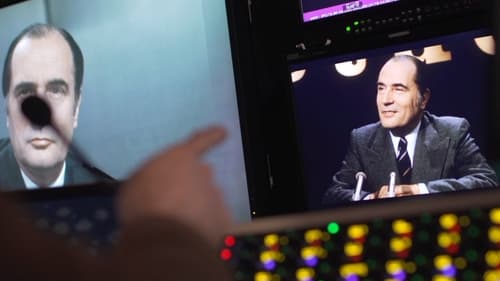
Self (archive footage)
May 10th, 1981. François Mitterrand is elected President of the Republic. The “soviet tanks” supposedly coming upon the Champs-Élysées dressed in red, feared by some, did not march. Serge Moati takes a personal look at this episode, focusing on the relationship the president had with television, that he witnessed and played a role in.

Self (archive footage)

Self (archive footage)
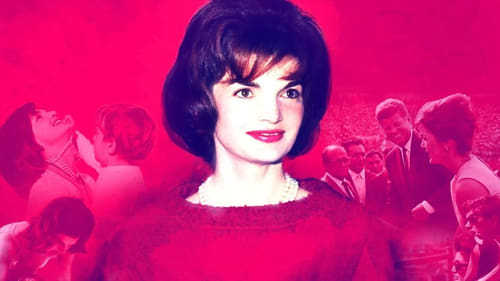
Self (archive footage)
Jackie Kennedy Onassis was the most famous woman in the world, impossibly glamourous and universally admired. She was also complex, layered, and extremely guarded, making her endlessly fascinating and enigmatic. This incredibly compelling film provides a definitive exploration of her life, from iconic first lady to widow, unofficial royalty and fashion icon.

Self (archive footage)
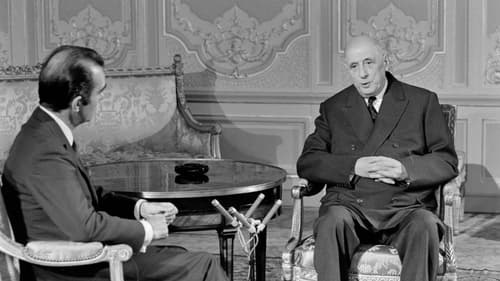
Self (archive footage)

Self (archive footage)
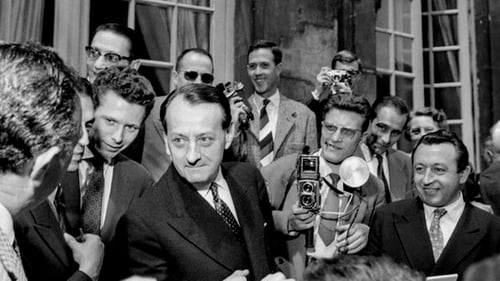
Self - Politician (archive footage)
Writer, journalist, explorer, filmmaker, communist militant, freedom fighter. Truths and lies. A plot twist. Politician. General De Gaulle's shadow. Overwhelmed by the weight of power. The numerous exploits of André Malraux (1901-1976).
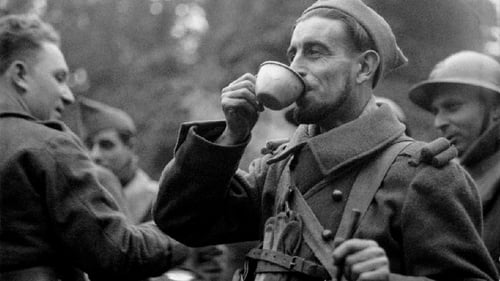
Self - Army Colonel (archive footage)
September 3rd, 1939. Britain and France declare war on Nazi Germany, only two days after the Wehrmacht invades Poland. This day, the sad date when the fate of the world changed forever, the Phoney War began: eight months of uncertainty, preparations, evacuations and skirmishes.

Self (archive footage)
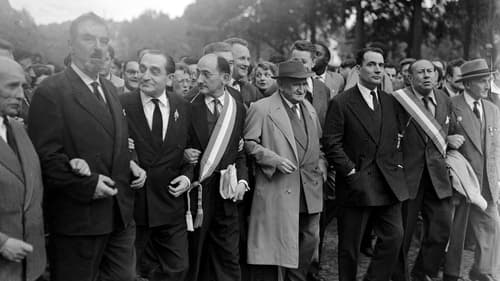
Self (archive footage)
On October 4, 2018, France celebrated the 60th anniversary of the Fifth Republic. It is a republic born in the throes of the Algerian War and one which—from the day it was founded by General de Gaulle until the presidency of a very Jupiterian Emmanuel Macron—has been assailed as a “Republican monarchy” by partisans of a more assertive parliamentarian state. By revisiting the struggle of those who dared oppose the new regime — only to suffer a crushing defeat on September 28, 1958, when they were barely able to garner 20% of the vote against the constitutional text — this film shines a powerful new light on the origins of the Fifth Republic and its consequences for the next 60 years. It is a constitutional debate that planted the seeds for a complete upheaval of the French political landscape, on the left in particular, and set the country in motion toward what would be called the Union of the Left.

Self (voice) (archive footage)
New York City, October 10, 1965. A group of wooden giant figures from Pamplona, representing Basque culture and traditions, parade down the street; but the local authorities have not allowed the appearance of all of them: due to the racial prejudices that persist in many sectors of society, the participation of two black giants has been banned.
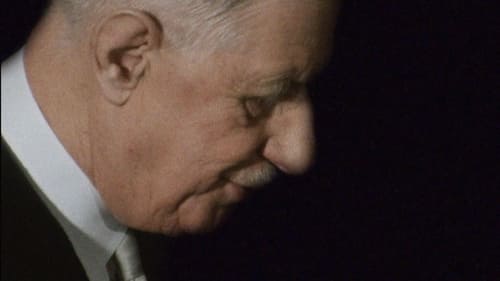
Self (archive footage)
Charles de Gaulle, the first president (1958-1969) of the Vth Republic, France’s current system of government, left his mark on the country . He was statesman of action and has been compared to a monarch. This film depicts the general’s personality through the great events of his presidential term, at a time when the world was undergoing considerable changes.

Self (archive footage)

Self (archive footage)

Self (archive footage)
An attempt to reconstruct the complete version of Pier Paolo Pasolini's segment of La rabbia.
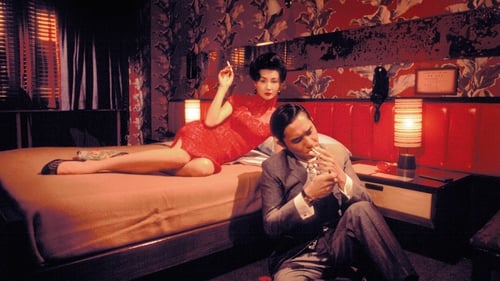
Self (archive footage) (uncredited)
Гонконг, 1962 год. Господин Чоу с женой и госпожа Су с мужем одновременно въезжают в соседние квартиры и однажды обнаруживают, что их супруги изменяют им друг с другом. Чоу и Су пытаются понять, как начался этот роман, и постепенно сближаются, но не хотят давать волю чувствам.

Charles de Gaulle
About De Gaulle's eventful visit to Québec in 1967

Himself (archive footage)
Six stories about Montreal. 1: A young housewife from Toronto samples the nightlife using basic French. 2: The tale of a painting of Montreal's first mayor, Jacques Viger. 3: During a hockey game, Madeleine tries to tell Roger she wants a divorce after forty years of marriage. 4: A visitor to a conference on pictographs arrives at the airport, where the female customs officer steals a momento from each person. 5: As she is being driven to the hospital in an ambulance after an auto accident, Sarah recalls her life. 6: At a diplomatic reception, an older woman reminisces about her grand love in Montreal.
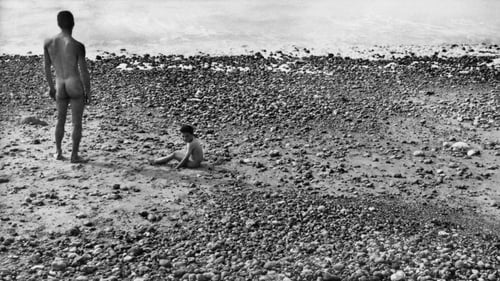
Self (archive footage) (uncredited)
At the sea shore, a goat, a child, and a naked man. This is a photograph taken in 1954 by Agnès Varda. The goat was dead, the child was named Ulysses, and the man was naked. Starting from this frozen image, the film explores the real and the imaginary.
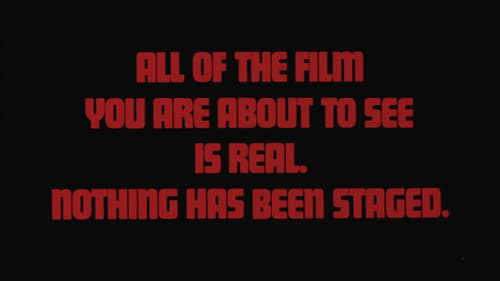
Self (archive footage)
A documentary of the decline of America. Featuring footage (most exclusive to this film) from race riots to serial killers and much-much more.
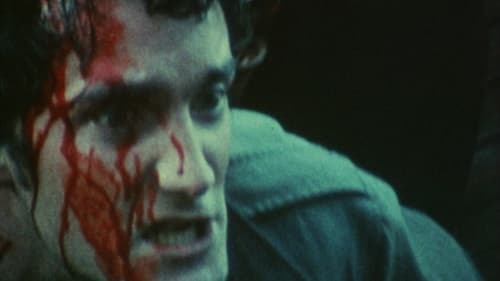
Self (archive footage) (uncredited)
Убежденный марксист и утонченный скептик Крис Маркер собрал огромное количество архивных киноматериалов в сочетающем качества эссе, эпоса, энциклопедии и сна фильме о взлете и последующем упадке новых левых в 1960-1970 годах. Лестница из «Броненосца «Потемкина», американский пилот, бодро рассказывающий о том, как приятно сбрасывать напалм, Фидель Кастро, Че Гевара, Мао Цзэдун, Сальвадор Алльенде, французские коммунистические лидеры, бастующие рабочие и мятежные студенты, Пражская весна и Уотергейтский скандал.
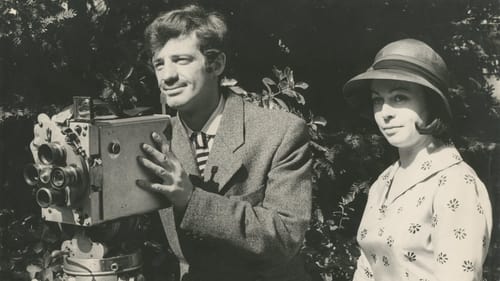
Self (archive footage)
An interesting mixture of filmed scenes with Belmondo and archival footage regarding cultural aspects of all kind around Paris, starting at the end of the 19th century and ending in the mid-1960's. Jean-Paul Belmondo leads us through the movie starting as a young photographer around 1900, a reporter in both world-wars and doing fictional interviews with lots of celebrities.
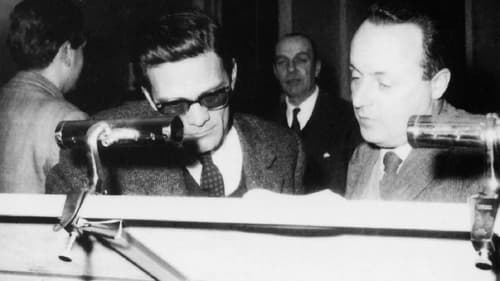
Self (archive footage)
Начиная с совершенно разных позиций, Пазолини и Гуарески пытаются посредством монтажного фильма дать ответ на один из важнейших вопросов человеческого существования: почему наша жизнь отмечена недовольством и страхом? И Пазолини, и Гуарески в ответ субъективно комментируют кинематографические и фотодокументы послевоенного периода, такие как эпизоды советской интервенции в Венгрии, убийство Лумумбы, независимость Танганьики, израильское нападение на Египет, подъем власть Кастро на Кубе, Ава Гарднер в Риме и Софи Лорен в Полесине, коронация английской королевы Елизаветы, избрание Эйзенхауэра, де Голля у власти, независимость Алжира, смерть Мэрилиб Монро, бегство Гагарина в околоземной орбиты с триумфальным возвращением на землю. Пазолини черпает нашу боль в гнусных действиях западного общества, а Гуарески пытается ее защитить, видя в ней надежду на будущее.

Self (archival footage)
A documentary produced by the French armed forces which chronicles the way of France’s “1ere armée” in the second world war from the days it first crossed the Rhine in March of 1945, through the liberation of a POW-camp in Swabia, until the forces reached the Danube and the Alps at the end of the war and the day French troops marched in the victory parade in Berlin.

Himself

"The crime of the cease fire was to capitulate as if France had no empire" - Charles De Gaulle

Himself - with Churchill and FDR (archive footage)
The third film of Frank Capra's 'Why We Fight" propaganda film series, dealing with the Nazi conquest of Western Europe in 1940.

général
